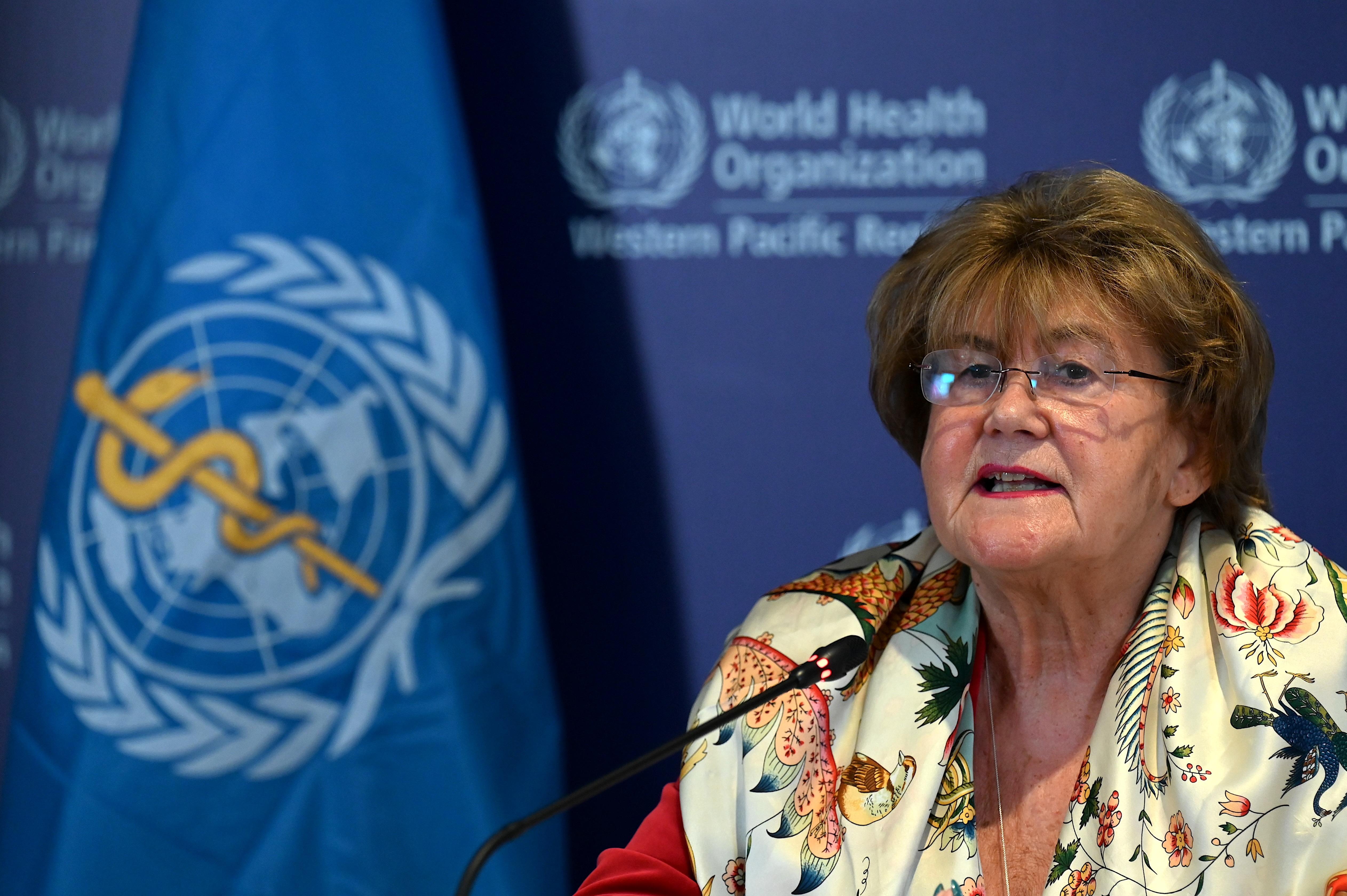 Zsuzsanna Jakab, Deputy Director-General of the World Health Organization (WHO) and Acting regional Director for Western Pacific, speaks during an in-person press conference at the WHO Regional Office in Western Pacific in Manila on April 14, 2023. (PHOTO / AFP)
Zsuzsanna Jakab, Deputy Director-General of the World Health Organization (WHO) and Acting regional Director for Western Pacific, speaks during an in-person press conference at the WHO Regional Office in Western Pacific in Manila on April 14, 2023. (PHOTO / AFP)
MANILA - An estimated 5.2 million people in the Western Pacific region are expected to die due to drug-resistant bacterial infections between now and the end of 2030, according to a new World Health Organization (WHO) report released on Tuesday.
The Health and Economic Impacts of Antimicrobial Resistance in the Western Pacific Region 2020-2030 says that antimicrobial resistance (AMR) will cost the region an estimated total of $148 billion between 2020 and 2030 - nearly 10 percent of the region's total health expenditure in 2019 - due to lost productivity and additional healthcare expenses associated with prolonged hospitalizations.
As a result of drug resistance, antibiotics and other antimicrobial medicines become ineffective, and infections become increasingly difficult or impossible to treat
ALSO READ: UNEP: Antimicrobial resistance threat to global health security
The report warns that AMR's "cross-cutting, silent pandemic" endangers people's health and threatens future regional health security and development.
"In the 21st century, people's lives should not be needlessly cut short due to common infections that become resistant to available treatments," said Zsuzsanna Jakab, WHO acting regional director for the Western Pacific.
To fight antimicrobial resistance, she stressed the need to strengthen national AMR surveillance systems, reduce inappropriate and unnecessary use of antimicrobials and work across sectors to expand research and development into new antimicrobial medicines, vaccines, and diagnostic tools.
AMR occurs when bacteria, viruses, fungi, and parasites change over time and no longer respond to medicines, making infections harder to treat and increasing the risk of disease transmission and severe illness.
READ MORE: WHO: New antibiotics not enough to tackle 'superbugs'
As a result of drug resistance, antibiotics and other antimicrobial medicines become ineffective, and infections become increasingly difficult or impossible to treat.